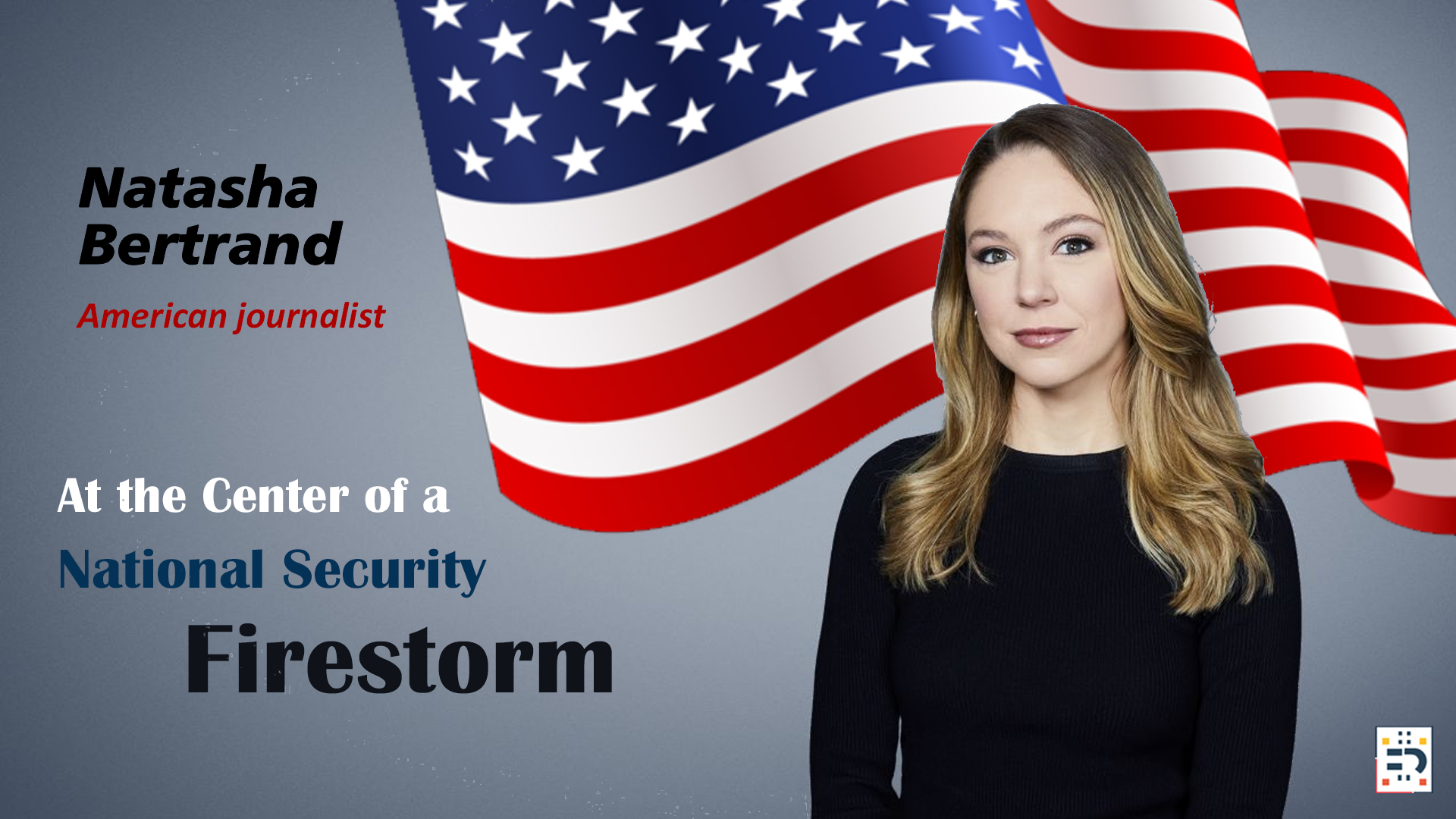1. Who is Natasha Bertrand?
Natasha Bertrand is an American journalist and Pentagon correspondent for CNN, focusing on national security since 2023. With a background at Business Insider, The Atlantic, Politico, and NBC/MSNBC, she’s earned accolades like Forbes 30 Under 30 and two Emmy Awards for her coverage of the Ukraine invasion (2023) and Gaza war (2024). Her incisive foreign policy reporting and early reporting on the Steele dossier mark her as a notable voice in modern journalism.
2. The Recent Controversy: Reporting on Iran Airstrikes
In mid‑June 2025, Bertrand reported that a preliminary Defense Intelligence Agency (DIA) assessment—described as “low-confidence”—found that U.S. airstrikes on Iran’s nuclear sites delayed but didn’t destroy the facilities. She framed it as early intel that “could change with additional intelligence”.

3. Trump’s Scathing Response
Former President Donald Trump responded explosively on Truth Social on June 25 2025, demanding, “Natasha Bertrand should be FIRED from CNN! … thrown out ‘like a dog.’” He accused her of “Fake News,” claiming she “lied” about both the DIA leak and the Hunter Biden laptop story.
4. CNN’s Defense & White House Backlash
CNN swiftly backed Bertrand, stating they “stand 100% behind Natasha Bertrand’s journalism,” emphasizing that her reports were both accurate and responsibly caveated as initial findings.
But the White House press secretary, Karoline Leavitt, doubled down—branding Bertrand’s reports a “false narrative” and saying the journalist “should be ashamed of herself,” accusing her of being “used by people who dislike Donald Trump”.
5. What It Means for Media & National Security Reporting
Natasha Bertrand’s reporting—and the backlash it provoked—underscores the ongoing challenges facing national security journalism. In a world where leaked intelligence can shape public discourse almost instantly, journalists must walk a fine line between informing the public and maintaining accuracy. Bertrand’s cautious phrasing, labeling the DIA report as a “low-confidence” early assessment, demonstrates a deliberate effort to uphold journalistic integrity in a fast-moving news cycle. The controversy also raises broader concerns about press freedom, especially when political figures attempt to discredit reporters for inconvenient truths. CNN’s public support of Bertrand illustrates the growing importance of institutional backing in preserving credibility. Altogether, this episode reflects the increasing difficulty of reporting on intelligence matters in an era where information warfare and political polarization often clash with the principles of transparent journalism.
6. The Broader Implications
- Repercussions for Journalists: This episode may mark a new phase of tension between journalism, government secrets, and political power.
- Information Precedence: With national security events in fog, initial intel matters—but must be clearly contextualized.
- Media Reputation: CNN’s support of Bertrand indicates a possible trend: network solidarity against external attacks on press credibility.
Natasha Bertrand’s experience—and CNN’s strong support—brings into sharp relief the modern predicament of national security reporting: breaking news vs. verification, public interest vs. political pressure. As the follow-up intelligence becomes available and more is said in the coming weeks, this will serve as a key case study in the ethics and challenges of 21st‑century journalism.


